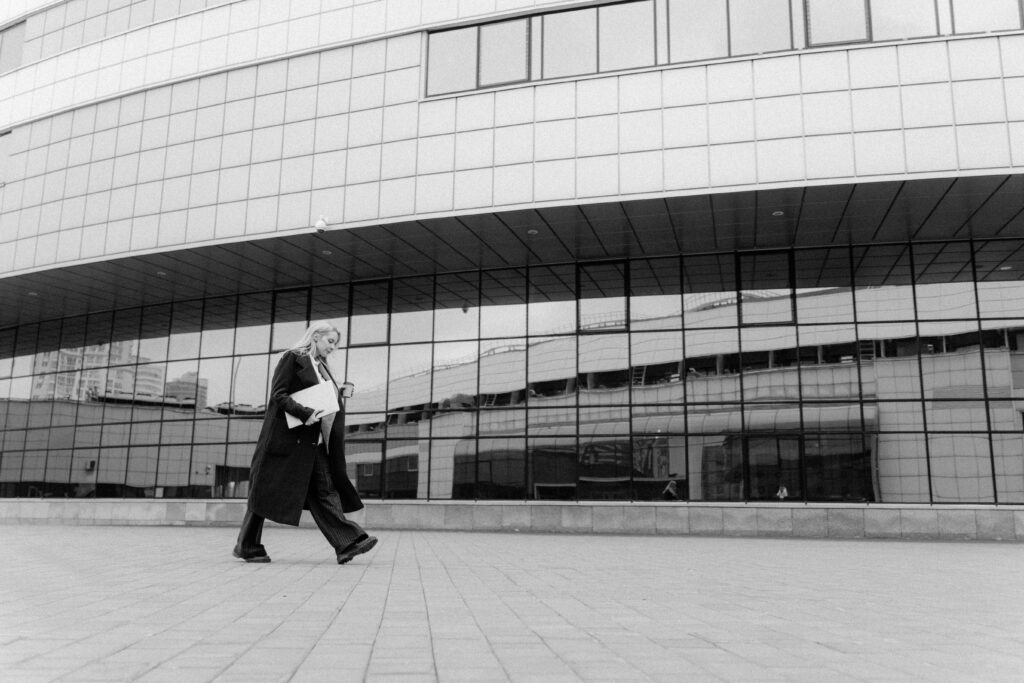Life and its times
The value of patience in a world that seeks speed

I continually hum the milonga Los ejes de mi carreta, set to music by the Argentine composer Atahualpa Yupanqui: “Because I don’t grease the axles/ They call me abandoned/ If I like them to sound/ Why do I want them greased?” Chesterton would say, in defense of this bucolic lifestyle, that “humanity has the right to renounce the machine and live off the land if it really pleases them more, just as anyone has the right to sell their old bicycle and walk if it pleases them more. The march will be slower, but it is not their duty to be faster.” And, certainly, we have no obligation to grease the axles of the cart, nor to be richer, more powerful, more effective, more efficient, and so on. To have more? To work morning, afternoon, and night to be in the top ten? Competing because only the fittest survive? Doing more things in less time? These and other similar questions lead us to question the mechanistic optimization of life. Life, fortunately, escapes these attempts to reduce it to a spreadsheet.
Along the lines of Los ejes de mi carreta I came across a small book by Romano Guardini The Patience of God (CTEA, 2022), suitable for looking at life from the serenity of a garden, with the patience of the gardener who sows the seed and waits, diligently and patiently, for its growth and flowering; because “life – says Guardini – needs time and, this, in a very peculiar way… The time in which a rock crystal grows is incomparably longer than the time in which an animal develops; and, next to the time in which it takes for a star to emerge, all the time of the vital is insignificant. However, the living needs more time than the inert… The living must be able to lose time. He must not be oppressed by the measure of time. He must play, behave uselessly, be able to go round in circles. Going round and stopping are as important in his development as approaching and advancing; and doing the superfluous is as important as ordering towards the end.”
“Wasting time” must sound like a waste to someone who has the habit of making the most of the free seconds left to continue doing more things. However, for those who resist falling into the vertigo of efficiency, the good life requires running less in order to be able to dedicate “all the time in the world” to our neighbor, paying attention to him, looking him in the eye, listening to his troubles. We know it is difficult – it is difficult – to be welcoming with an hourglass in front of you, scrupulously measuring the minutes of the encounter. Going from the function performed by the person in front of me to the knowledge of the person behind the salesman, student, teacher, accountant, clerk at the counter; It requires a calm attitude that facilitates the welcome. In this way, even if the meeting is short, when the rush is overcome, the words acquire consistency and open the way to surprises, laughter, astonishment; necessary ingredients to make each meeting a relaxed encounter where information and warmth come together.
We also know from experience that the shortest distance between two people is not a straight line. In the geometry of spaces it is like that, in the time of human beings this geometric axiom does not work. The personal encounter takes time, it knows of entertainments and detours; it has unscheduled surprises. For the good life, as Guardini points out, the “superfluous” is not superfluous, it is rather time that crowns the depth of the personal relationship. And what is valid for these friendly, family relationships, is also valid – to a large extent – for business life. A company that only dedicated itself to “measuring the performance” of its collaborators would badly wither the attractiveness of the organization. Results and indicators are necessary, of course. But this desire for results must not forget that human beings are not just means to achieve benefits, they are – above all – ends in themselves who laugh, cry, play, aspire, dream…
To deal with existential problems and life’s delays, patience is needed, and this patience finds its meaning in the patience of God. “He sees how life plays and falls apart,” says Guardini, “how time passes, it takes detours and wastes materials, forces and forms. He sees the strange contradiction that life represents in the face of everything that means utility and reasonable order, and yet it is precisely there that its immense value lies. God sees the prodigious coincidences, the beautiful nonsense of life and makes room for them. God is patient, and he must be happy in his patience! If this patience did not govern everywhere – on earth, in the air, in light, in materials and forces – no plant would flower, no animal would set its nature in motion and no man would have a moment of happiness.” With the virtue of patience, one is able to know how to wait so as not to pluck the fruits before their time. When patience is lacking, the strong man tramples, the anxious man becomes restless.
Not everything is “now” or “right now.” “There are activities that take a long time to mature,” Guardini continues. “Patience tolerates imperfection, does not lose its cool when faced with failure, cares for what has lost its way and surrounds it with that mysterious care, which is not only mercy, but is also a feeling of solidarity in the face of the destiny of things. With all this, man limits himself to continuing something that God has already placed at the roots of existence. He who created this world has made patience the condition of human existence.” The idea of pure net utility, production without loss, collections without late payments, may work in models of synchronized perfection; not so in the world of real life, beautifully nourished by functional delays, structural weaknesses, waste with a taste of magnanimity. For those who are unaware of patience, these manifestations of the world of life are seen as anomalies that must be eliminated, just the opposite of a culture of life that takes on the challenge of patient care for vulnerable people.
Thinking about the patience that God has with his creatures is a solid point for cultivating patience in the face of the ups and downs of the human condition and enjoying the out-of-tune sounds of life.
Related

The Four Seasons of Your Life: Much More Than Music
P Angel Espinosa de los Monteros
28 April, 2025
3 min

A Pope Never Goes Away
José Antonio Varela
28 April, 2025
4 min

Divine Mercy, the Small and the Great
José María Montiu de Nuix
27 April, 2025
5 min

Reversing Social Deterioration: A Task That Begins in Business Management
Alejandro Fontana
25 April, 2025
4 min
 (EN)
(EN)
 (ES)
(ES)
 (IT)
(IT)

